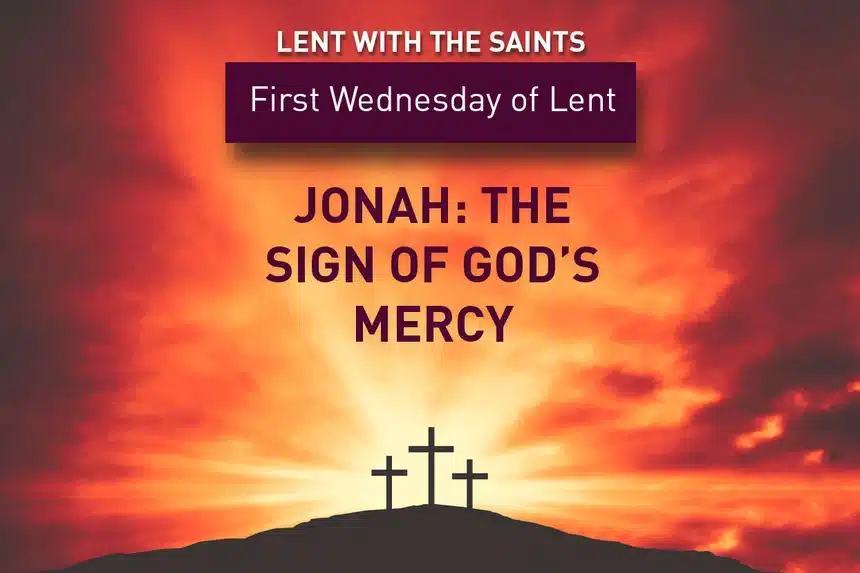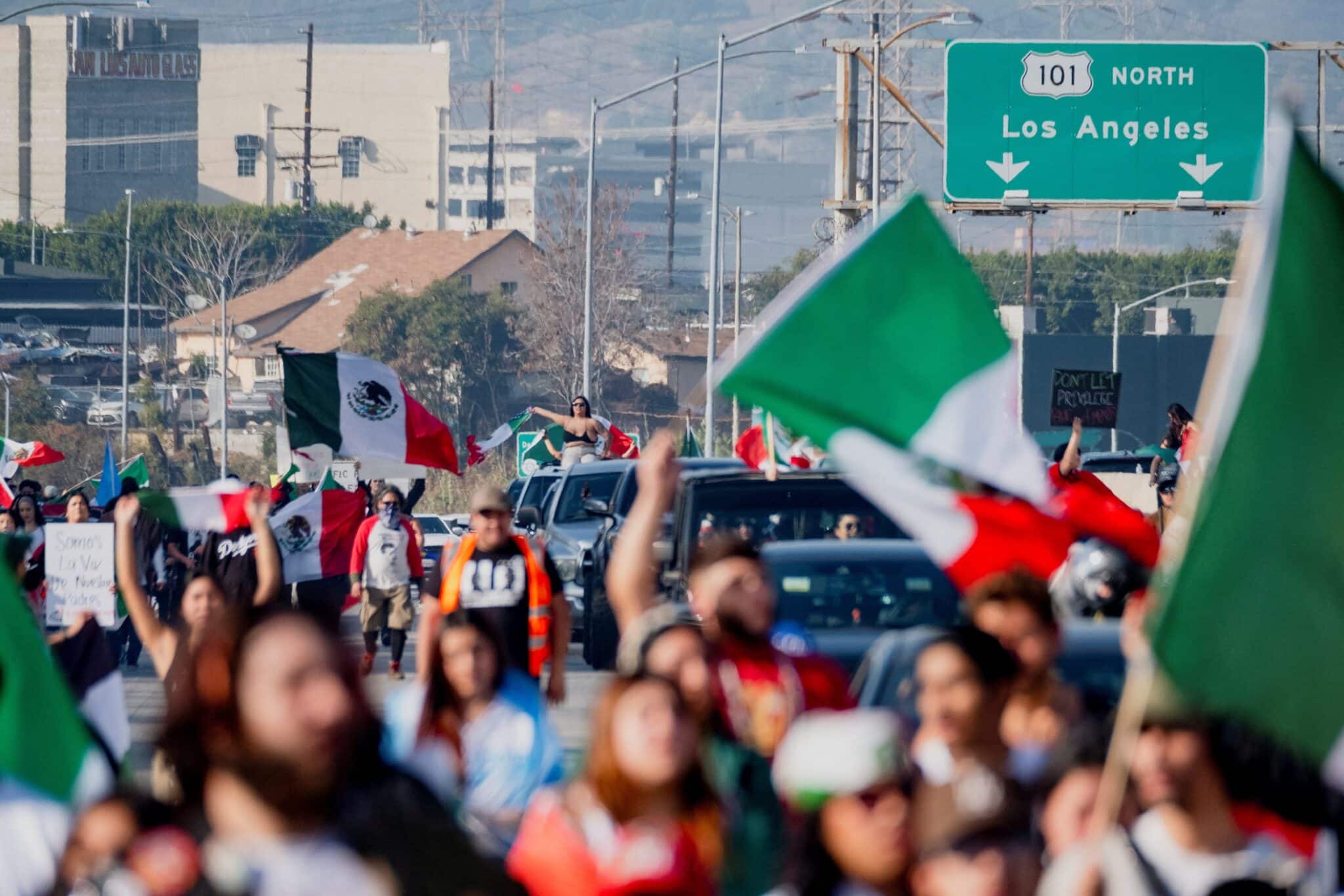Jonah 3:1–10; Psalm 51:3–4, 12–13, 18–19; Luke 11:29–32
Most of us know the story of Jonah and the whale. But today’s readings give us the rest of the story. Jonah’s mission as a prophet was to deliver a warning from God to the pagan city of Nineveh; his watery adventure was part of his wish to escape that mission.
God ensures that Jonah does deliver the message, and when he does the results are overwhelmingly positive. Sadly, Jonah cannot accept the mercy God shows in the face of the surprising repentance of a whole city—including the livestock. (Jonah’s disappointment is related in another part of the biblical book not given in today’s selection.)
The point of this delightful and humorous story is precisely the merciful response of God. (The gracious nature of that mercy is emphasized in the tale in the repentance of the Assyrians, one of the most dreaded nations of the ancient Near East.) So often we find it difficult to understand how God can be God. God seems to be able to show mercy to people we’d rather not forgive or even tolerate. It was the same for the opponents of Jesus. They could not accept him and how he brought God’s forgiveness.
As today’s Gospel shows, God had yet another surprise—the “sign of Jonah” present in the life, death, and resurrection of Jesus.
Today’s Action
List three people in your life you haven’t yet forgiven for some slight or offense. Ask God to help you to forgive them.
Prayer
God of the prophets, pursue us until we are ready to accept your call.
Then grace us to be bold in proclaiming your love and forgiveness in the world.
Amen.








